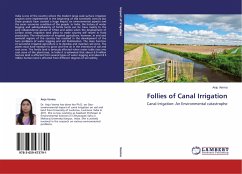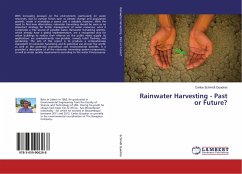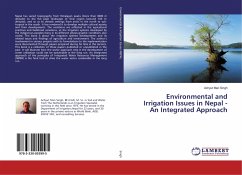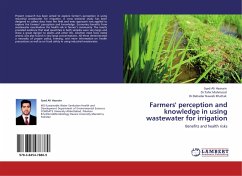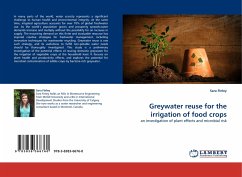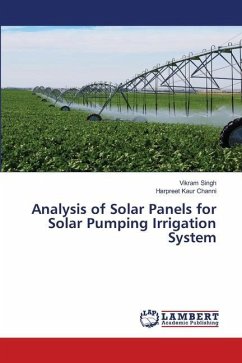India is one of the country where the modern large scale surface irrigation projects were implemented in the beginning of mid twentieth century but these projects have created a huge impact on environmental aspects and the socio- economic condition of the people. In India, the history of water logging and salinity/alkalinity of fertile lands can be trace mainly to the post independence period of fifties and sixties when the development of surface water irrigation took place to make country self reliant in food production. The introduction of irrigated agriculture, however, in arid and semiarid regions of the country has resulted in the development of the twin problems of water logging and soil Stalinization. The main function of successful irrigated agriculture is to develop and maintain soil zone. The plants must have moisture to grow and free air in the interstices of soil and root zone. The fertile land is seriously affected when water table rises into root zone of the plant/crop. In India it is estimated that about 6.0 million hectare land is affected from several types of water logging and about 8.5 million hectare land is affected from different degrees of soil salinity.
Bitte wählen Sie Ihr Anliegen aus.
Rechnungen
Retourenschein anfordern
Bestellstatus
Storno

